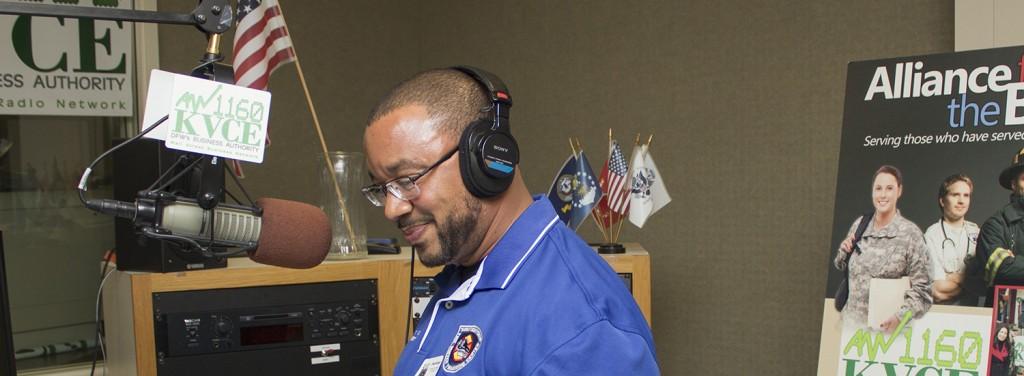By Nicholas Markson/reporter
South Campus hosted a local professor to lead a discussion on the natural tensions that define the modern age of black leadership.
“Without a push back and forth, there can be no push forward,” said Jason E. Shelton.
Shelton, sociology associate professor at the University of Texas at Arlington, specializes in the intersection of culture and politics and their effects on the black community in America.
The Feb. 18 seminar mainly focused on the various ideologies of black leadership.
Integrationism seeks to unite the races and stresses civil disobedience and nonviolent protest, Shelton said. Nationalism takes a different approach, that of idealization of the community and self-determination through a sovereign state or community, he said.
Shelton stressed the need of the nationalist movement to have a distinct leader. He identified prominent black leaders such as President Barack Obama and the Rev. Al Sharpton, identifying them with integrationists. But he said the last large-scale nationalist leader was Louis Farrakhan, prodigy of the historic Malcolm X.
“It is time for a fifth Great Debate (on race),” he said. “But who are the key players?”
Although integration has traditionally seen more support — painting nationalism as the radical alternative, Shelton talked about the benefits of nationalism. He touched on “community nationalism,” in which local leaders strive to unite the black population to foster community and culture.
“Black America is better off when nationalism has a well-known community leader,” he said.
Without such clear leadership to exchange ideas, Shelton said he worries that black young people are losing their identity. He talked about his current project, where black children were asked to name three great black leaders in history. Most could not name any besides Martin Luther King Jr. and Malcolm X. Those who could left no clear third choice.
“I really feel like I learned something,” said Niecy Jones, South Campus arts student.
South business student Kammy Magee related Shelton’s comments to the impoverished sections of the black community.
“It made me really want to do something about the poverty,” she said. “There really is more we can do.”



























